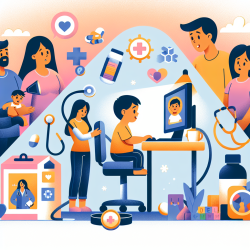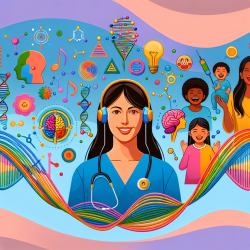Extended School Year (ESY) services are a crucial component of special education for some students with disabilities. As a parent, understanding ESY services can help you make informed decisions about your child's education. Here's what you need to know:
Frequently Asked Questions
Q: My child has a learning disability. Do we need to talk about ESY services?
A: Yes, IEP Teams must consider ESY services for all students with disabilities aged 3 to 21, including newly identified students, students transitioning from IDEA Part B services, and students receiving secondary transition services.
Q: Does every student qualify for ESY services?
A: No, not every student will qualify for ESY services. Determination of eligibility for ESY services is decided by looking at regression and recoupment data collected after school breaks as well as predictive factors.
Q: Are ESY services the same as the special education services that my child receives during the regular school year?
A: No. ESY services are focused on the IEP goals and based on information gathered regarding regression/recoupment and predictive factors.
Q: What information is reviewed during the IEP Team's consideration of ESY services?
A: IEP Teams will review regression and recoupment data as well as predictive factors.
Q: Where can I find more information on ESY services?
A: Additional ESY resources are available at: Colorado Department of Education
Q: We have big plans for the summer. Does my child have to receive ESY services?
A: No, ESY services can be refused by the parents.
Things to Remember
- Parents are part of the IEP Team.
- The IEP team works together to develop the student's IEP.
- The IEP Team must consider whether the student needs ESY services, but that does not mean the student will qualify for ESY services.
- The IEP Team works together to determine if ESY services are needed and, if so, what ESY services the student will receive.
- ESY services are based on the student's IEP goals.
- ESY services are not the same as the regular school year program.
- ESY services can be refused by parents.
Facts and Fiction
FACT: ESY Services are:
- For a subset of students, aged 3 to 21, who are eligible for Special Education.
- Required to maintain existing skills in order to prevent severe regression, which may include the teaching of new skills in order to maintain existing skills, and are derived from targeted goals and objectives from the current IEP.
- Provided in the least restrictive environment (LRE).
- Based on the individualized needs of the student.
- Provided at no cost to families; however, when there are two or more appropriate programs, the cost of each option must be considered by the IEP Team. ECEA Rule 4.03(8)(c).
FICTION: ESY Services are not:
- For every student on an IEP.
- Automatically provided because the child received services the prior summer or at any other time in the past.
- Based on a disability category or medical diagnosis.
- Designed to develop new skills unrelated to the maintenance of existing skills.
- Required to be provided in integrated settings if the public agency does not provide services at that time for its children without disabilities.
- Provided as a substitute for daycare.
- A one-size-fits-all traditional summer school.
- Compensatory education (i.e., making up for missed or inadequate services).
- Designed to replace or duplicate alternative community resources.
- Intended to make up for absences when the parent opts to remove the child from school.
For more information, please follow this link.










